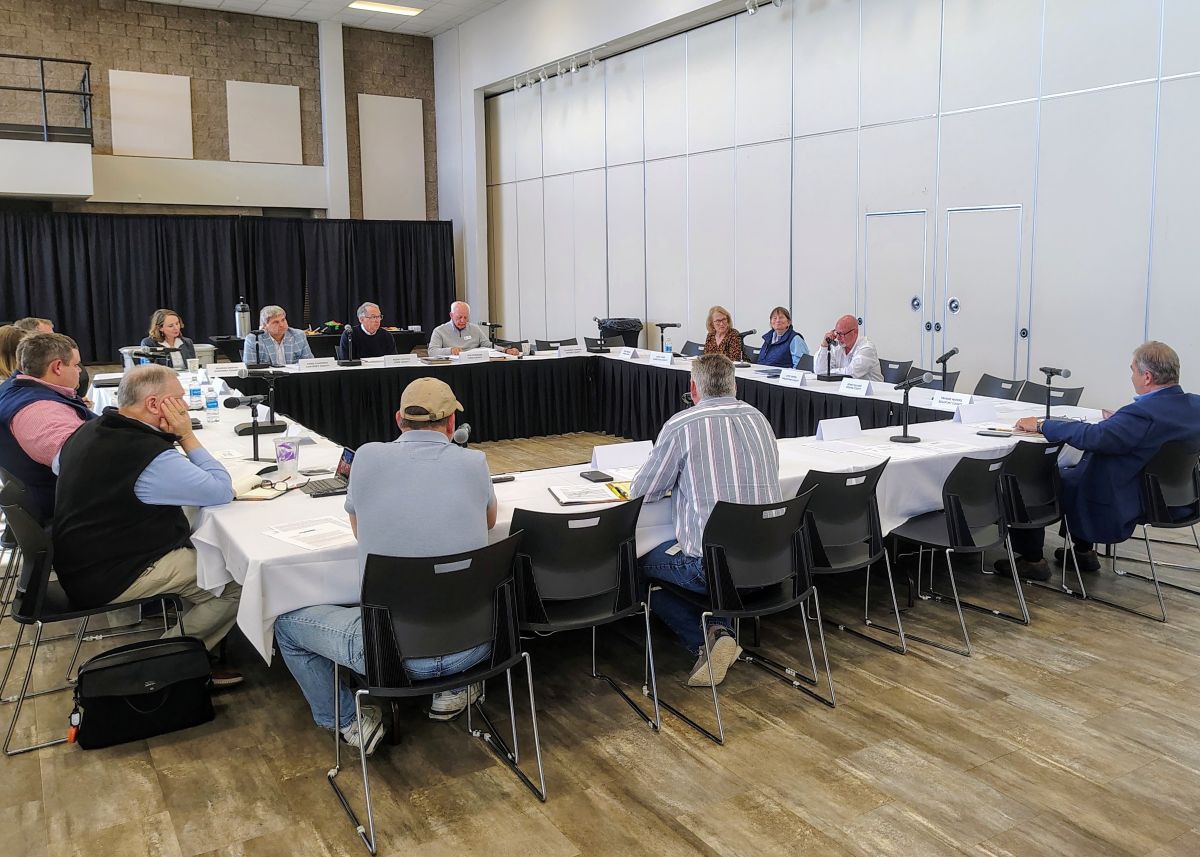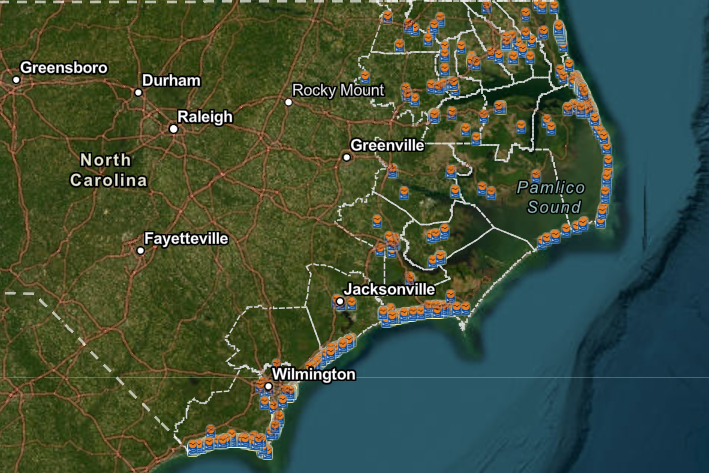
State environmental and health officials are to hold an in-person meeting this month in Fayetteville about the new drinking water health advisory the EPA set in June for GenX chemicals.
Related: Health advisories for GenX, PFAS announced at conference
Supporter Spotlight
The meeting starts at 6 p.m. July 26 in Crown Theatre in the Crown Complex at 1960 Coliseum Drive, Fayetteville. Registration begins at 5:30 p.m.
North Carolina Department of Environmental Quality representatives are expected to explain the Environmental Protection Agency’s newly released, lower health advisory for GenX impacts on private drinking water well sampling in Bladen, Cumberland, Robeson and Sampson counties.
Department of Health and Human Services officials are expected to give an overview about potential health effects and ways to reduce exposure and DEQ’s air, water and waste management divisions will provide additional updates.
In June 2017 state officials began investigating GenX in the Cape Fear River. The Chemours facility in Fayetteville was identified as the company that produces GenX for industrial processes.
GenX is the trade name for a man-made compound used in manufacturing nonstick coatings and for other purposes and is in a family of chemicals known as per- and poly- fluorinated alkyl substances, or PFAS. GenX is produced and emitted by only one company in the state, Chemours, formerly Dupont, which has been discharged into the Cape Fear River for more than 30 years. Only relatively recently have labs been able to measure the compound.
Supporter Spotlight
The EPA on June 15 set a final lifetime health advisory level for GenX of 10 parts per trillion (ppt), which replaced the state’s provisional drinking water health goal of 140 ppt developed by state health officials that was adopted in 2018.
A consent order signed in February 2019 among DEQ, Cape Fear River Watch represented by the Southern Environmental Law Center and Chemours, requires the company to provide public water or whole-building filtration for any private drinking water well with a GenX concentration above a health advisory, which is now 10 ppt.
DEQ directed Chemours in a June 15, 2022, letter to revise its Drinking Water Compliance Plan and Feasibility Study Report, and provide public water or whole-building filtration systems to any party with a private drinking water well contaminated by GenX chemicals in exceedance of 10 ppt as required by consent order.
Chemours must submit a plan for transitioning affected parties who have previously received reverse osmosis systems to public water or whole-building filtration systems where required by July 13.
DEQ estimates more than 1,700 additional private well users will now be eligible for whole-building filtration or connection to a public water supply.
Information for residents in Bladen, Cumberland, Robeson and Sampson counties can be found at: https://deq.nc.gov/news/key-issues/genx-investigation/genx-information-residents.







